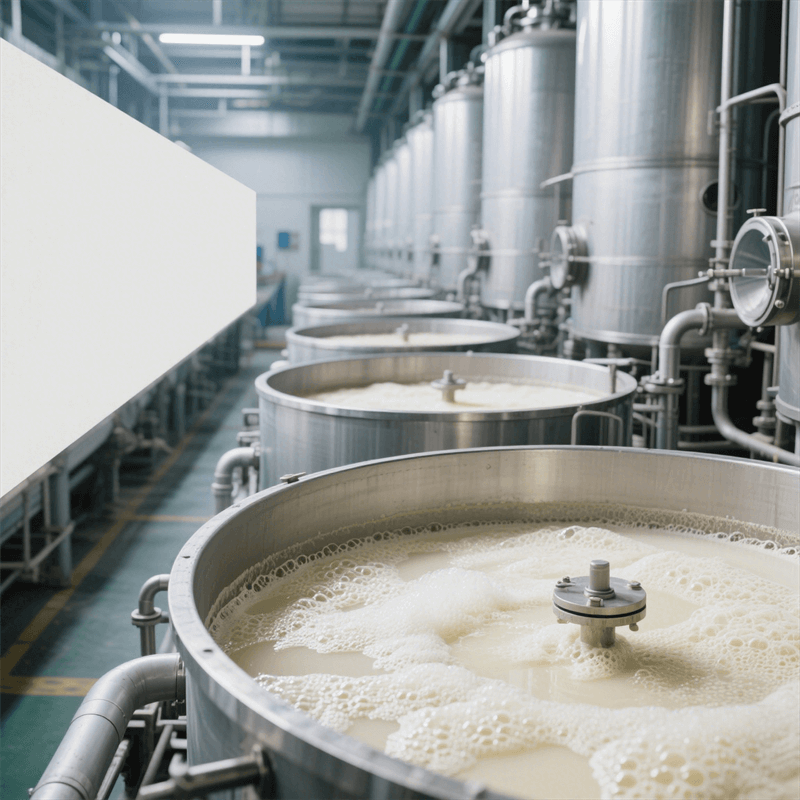Blog
The Role of Environmentally Friendly Additives in Agricultural Sustainable Development

In the process of agricultural sustainable development, environmentally friendly additives are playing an increasingly important role. With the increasing demands of consumers for the safety and environmental friendliness of agricultural products, traditional high-pollution and high-residue additives are gradually being phased out, while environmentally friendly additives are favored for their characteristics such as low toxicity, low residue, and easy degradation.
Environmentally friendly additives have a wide range of applications in agriculture, including aquaculture, livestock and poultry farming, and other fields. In aquaculture, environmentally friendly additives can be used to improve water quality, promote the growth of aquatic organisms, and enhance immunity. For example, some natural plant extracts and microbial agents can serve as water quality regulators to effectively remove harmful substances in water bodies and maintain the cleanliness and health of water. At the same time, they can also serve as growth promoters to improve the growth rate and quality of aquatic organisms.
In livestock and poultry farming, environmentally friendly additives also play an important role. They can be used to optimize feed formulations, improve feed utilization efficiency, and promote the growth and development of livestock and poultry. For example, some enzyme preparations and probiotics can be added to feeds to help livestock and poultry better digest and absorb nutrients, improving feed conversion rates. At the same time, they can also enhance the immunity of livestock and poultry, reducing the occurrence of diseases and the use of drugs.
In addition, the application of environmentally friendly additives also helps reduce agricultural non-point source pollution. Traditional additives often generate a large amount of waste and pollutants during use, causing negative impacts on the environment such as soil and water bodies. Environmentally friendly additives, however, possess characteristics such as easy degradation and no residue, which can reduce environmental pollution and damage.
However, the R&D and application of environmentally friendly additives also face some challenges. For example, their R&D costs are relatively high, and market promotion is difficult. Some farmers’ awareness and acceptance of environmentally friendly additives are not high enough. Therefore, the industry needs to strengthen technological R&D and market cultivation, improve the quality and effects of environmentally friendly additives, reduce their production costs, and at the same time, strengthen publicity and training to raise farmers’ awareness and acceptance.
